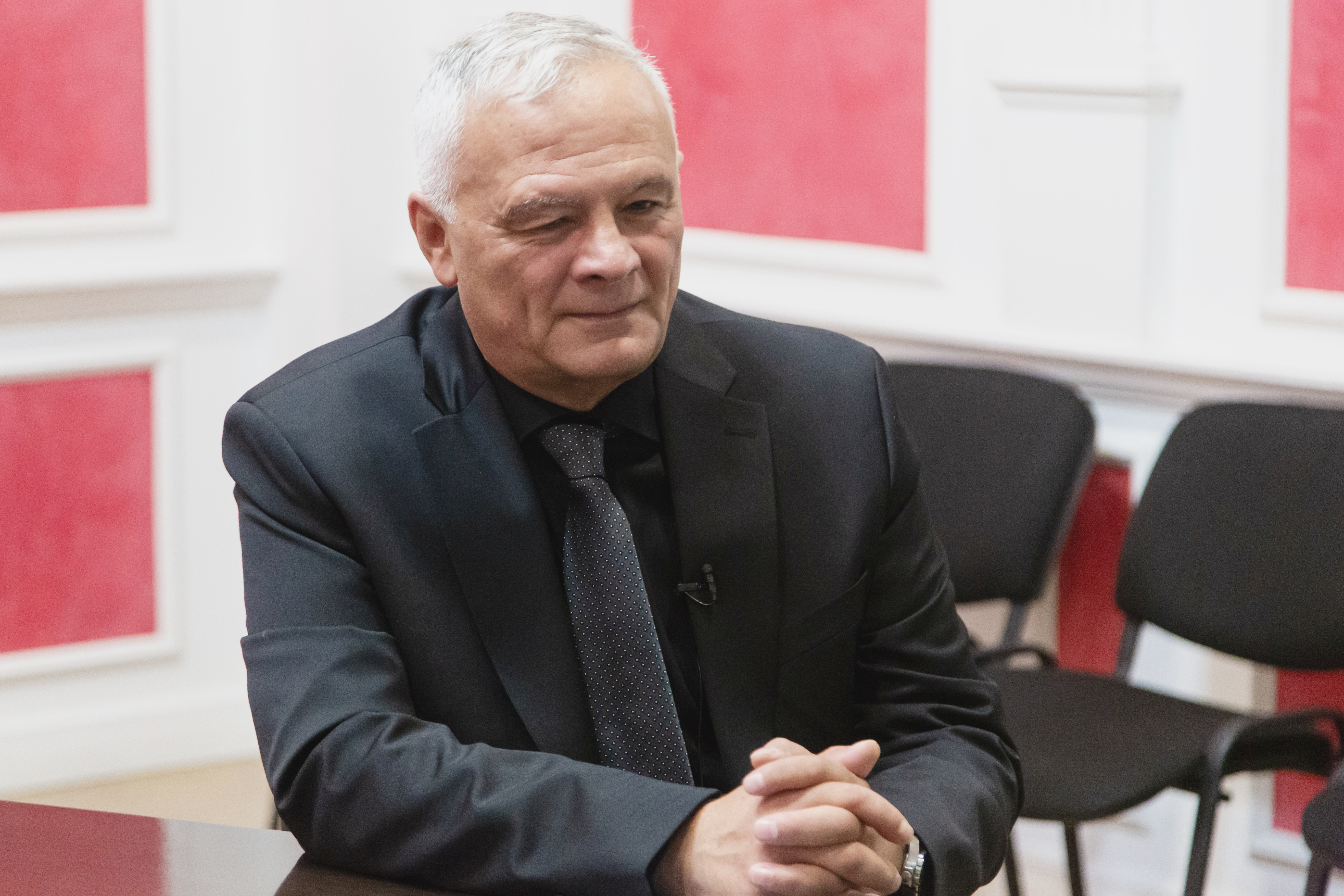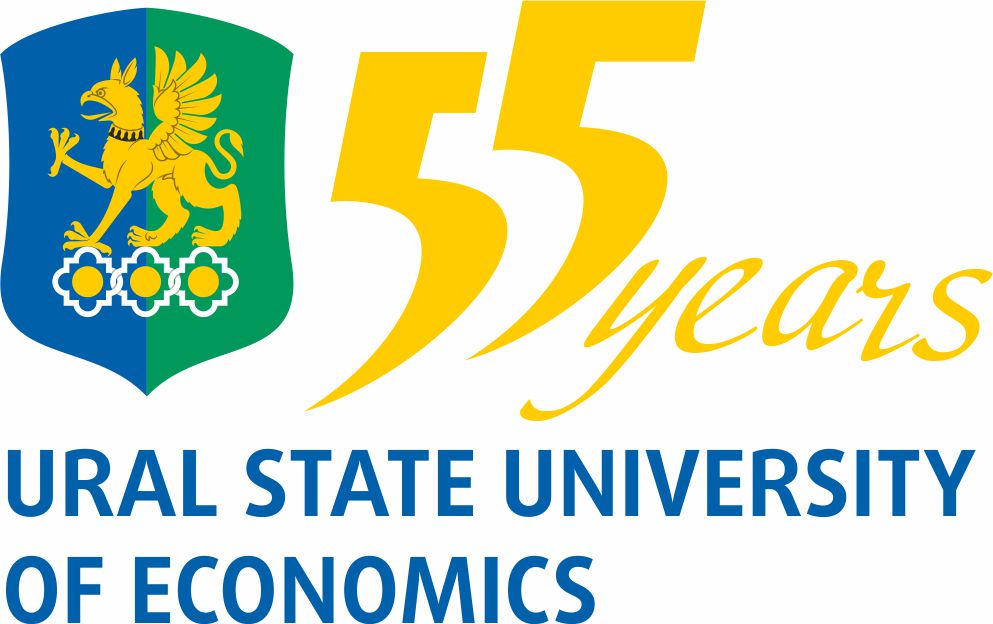 See other releases of corporate mass media
See other releases of corporate mass media
Interview with IAMO Director Thomas Glauben
Thomas Glauben: "Thanks to progress, our life has improved, but everyone forgot about it."
The Leibniz Institute of Agricultural Development in Transition Economies (IAMO) became a new partner of USUE. It means that many joint educational and scientific projects will soon be implemented. The journalists of Economist newspaper met with IAMO Director Thomas Glauben to discuss global changes in agriculture caused by the pandemic, introduction of innovative technologies, and new ways of world economy developing.
- How has the coronavirus pandemic affected agriculture in countries with transition economies? What consequences should we expect in the long term?
- It is not easy to find an answer to this question. Hundreds of researchers and politicians are trying to find a solution and understand how we can move on. First of all, we feel the global consequences of Covid restrictions, and we have some problems. For example, in the field of international trade of agricultural products, especially through sea routes. The pandemic and related restrictions have seriously complicated all trade processes, which, of course, increased the cost of selling products abroad. However, one should remember that costs are always included in the price of a final product, so it is the consumer who pays for everything. It is in addition to the fact that food prices are already growing each and every year. Since the beginning of the XXI century, they have increased severalfold. For many poor countries, this is a huge concern.

- Recently, an international conference on the bioeconomy was held at the IAMO 2021 forum. We, as an economic university, are interested in this concept. Tell us please what the bioeconomy is and how it can contribute to the development of agriculture and rural areas.
- Bioeconomy is based on the principle of safe production of any product using agricultural raw materials. It will help abandon some harmful industries in favor of more environmentally friendly ones.
- In such a case, is the bioeconomy the antagonist of Industry 4.0?
- I think that here we can talk about cooperation, not confrontation. Industrial development is fine, but the need to preserve the environment has become a recognized fact. The production of various products from agricultural raw materials can, for example, reduce the consumption of plastic, which disposal is already a problem. Bioeconomy is one of the ways to develop human society, useful with rein relation with conserving resources and environment. Besides, the bioeconomy includes the widespread use of biotechnologies to produce better raw materials.
- Let's dwell on this in more detail. Tell us please what innovative technologies you consider the most significant ones for the successful development of agricultural and food systems.
- This is digitalization, on the one hand, and biochemical technologies, on the other. Their combination will stimulate not only agriculture but also, possibly, other spheres of human activity. In particular, the use of communication technologies can promote agricultural development and more efficient resource allocation.
It could be what is called precision farming. Or, it could be a combination of artificial intelligence and blockchain technologies that will improve the supply chain management process and increase the efficiency and accuracy of biotechnology. There is a problem here, though. The more agriculture is modernized, the more worrisome it is. People are afraid of new technologies because they consider them risky and even unhealthy. Think of the GMO issue, which still looks like a story about a global government conspiracy to poison its citizens.
I think this is not so much the concern of scientists as the work of government authorities: to build up a competent information policy to give people a fair idea of innovative technologies. Thanks to progress, our life has improved, but everyone forgot about it. It seems that it was better before, but no one is interested in what was a hundred or two hundred years ago. However, it should be remembered. Now we have better medicine, education, higher income, and longer life expectancy. We have achieved this with the technologies that we invented.

- What is the future of villages under the mass migration of people to cities?
- Each country faces, to a different extent, the problem of villages vanishing. Moreover, in the most developed countries, we are witnessing its intensive growth. For example, in China, about eight hundred million people have already moved from the countryside to the cities. The trend is relevant for Russia, Germany, and the CIS countries.
eople are looking for a better life in big cities: developed infrastructure, job opportunities, and high salaries. On the other hand, life in the countryside can be much cheaper than in a city. The cost of urban apartments is growing, so many people are in search of alternatives. One of the options could be buying or building your own house in the countryside. Here again, many have become drawn by the opportunity to be closer to nature, where there is clean air, silence, and affordable farm food.
I see two ways for the development of villages and small towns. It can include improving the infrastructure of a settlement, providing urban amenities such as supermarkets, entertainment centers, gyms, offices, and much more. However, in this case, the difference between the rhythm of life in a small settlement and a metropolis will practically disappear. On the other hand, we can develop human mobility to enable people to travel easily from a village where they live to a big city where they work. This can be achieved by improving public transport and building good roads.














